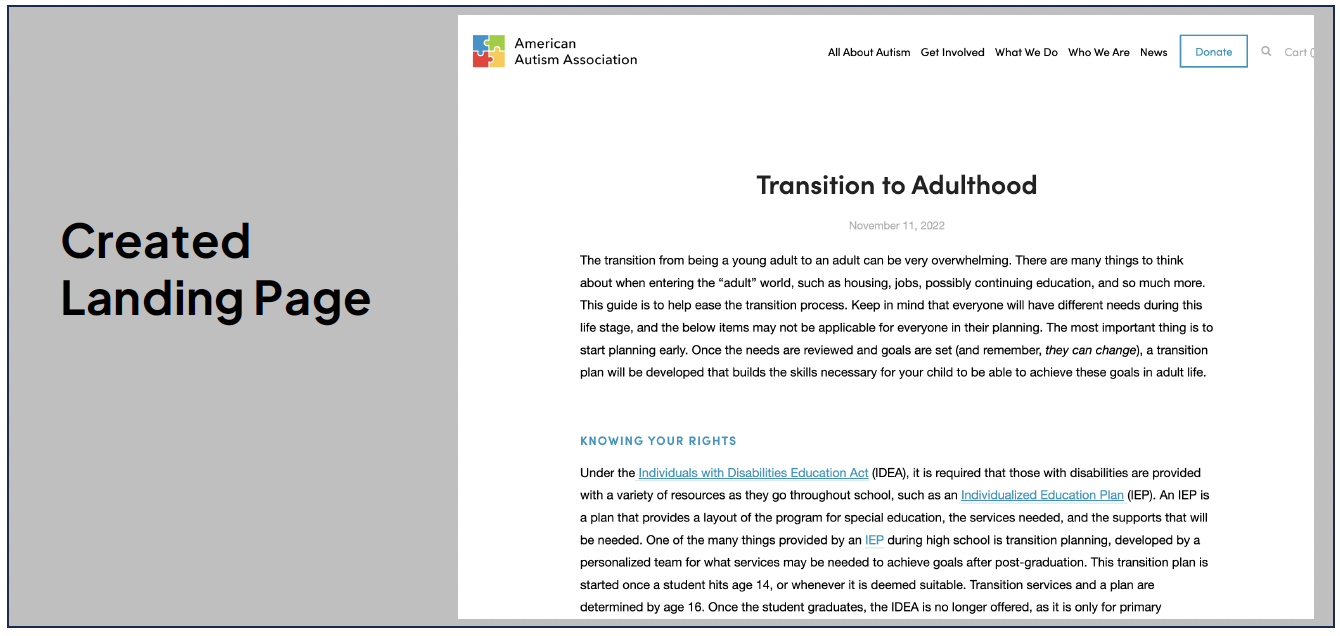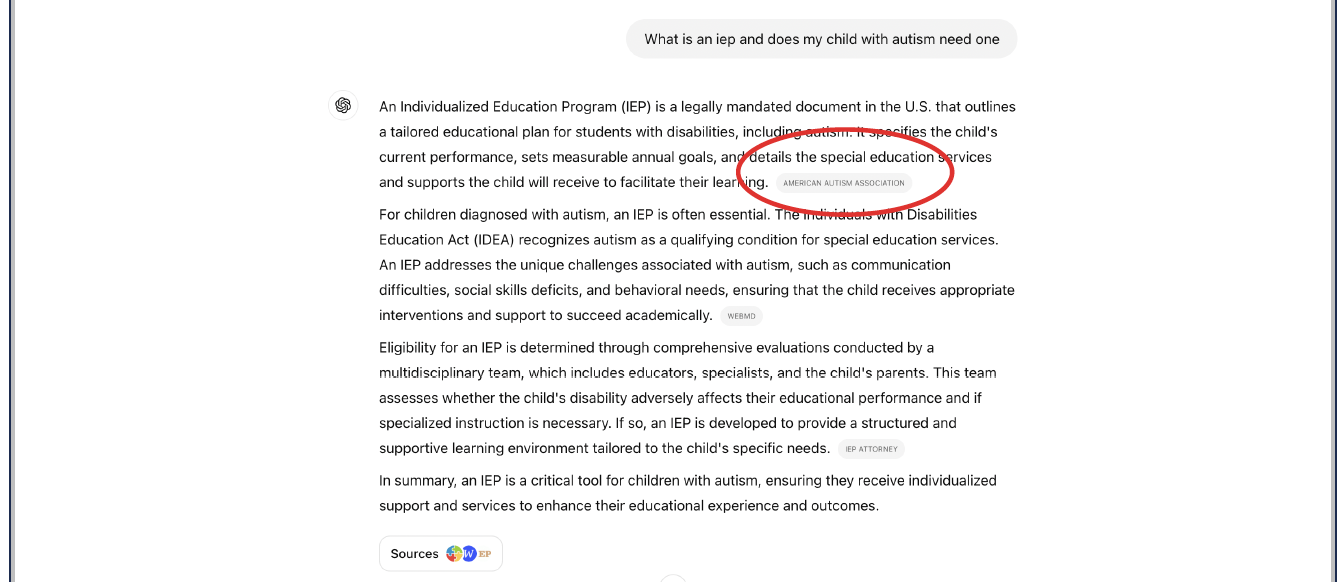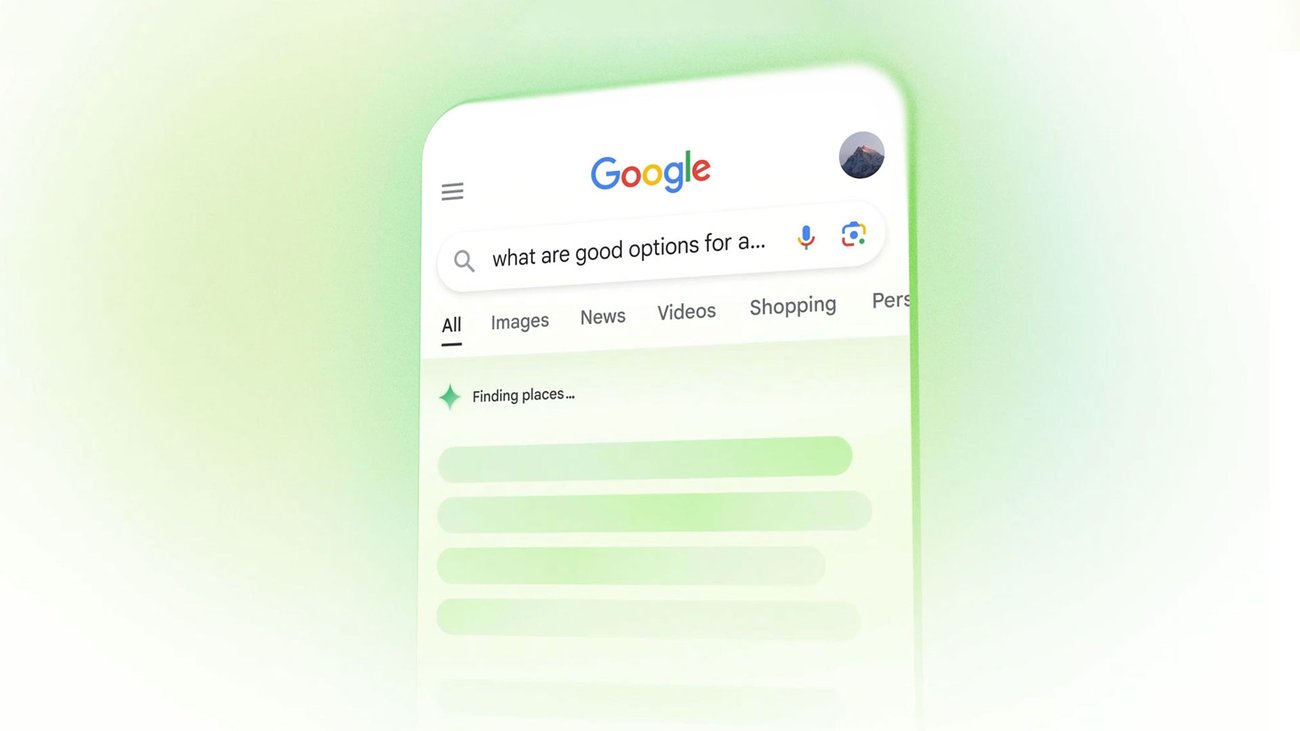
SEO has always been a moving target, but in 2024, the game is shifting in a way we’ve never seen before. With AI-powered tools like ChatGPT, Google’s experimental AI, and other conversational chatbots taking center stage, how people search for information is evolving fast.
For businesses that rely on organic search traffic, this raises a big question: If AI chatbots are answering user queries directly, how do websites continue to stay relevant?
Let’s break it down.
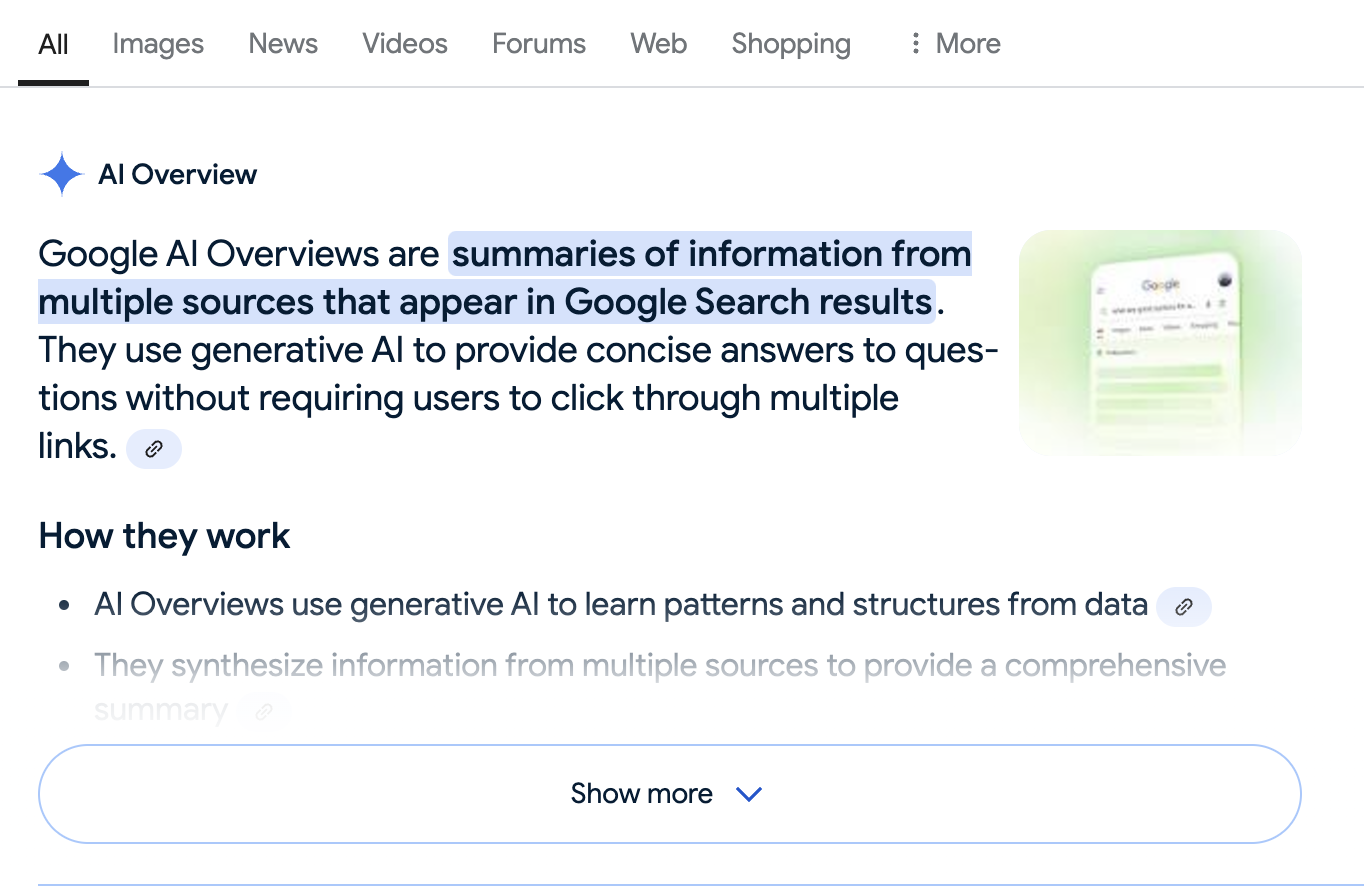
Google AI Overview delivers quick answers directly from search results, making information more accessible for users but reducing web traffic for businesses that rely on SEO.
AI-Powered Search: Changing How We Find Information
For years, search engines like Google functioned in a simple way: users typed in a question, and Google provided a list of websites that best answered it. But AI-driven search changes that. Instead of directing users to websites, chatbots synthesize information from multiple sources and deliver a direct answer—often without ever requiring the user to click a link.
Google’s experimental AI, for instance, has begun rolling out AI-generated answers at the top of search results, pushing traditional website links further down the page. This means fewer clicks for websites, making organic search traffic harder to come by.
So, what does this mean for businesses?
If people aren’t clicking as much, brands need to adapt their SEO strategy to stay visible, not just on search engines but within AI-generated responses.
SEO in the Age of AI: What’s Changing?
The way businesses approach SEO must evolve to stay competitive. Here’s how:
1. Content Must Be Deeper, More Authoritative
AI tools pull information from high-authority sources to generate their responses. That means businesses that want to be referenced by AI need to focus on in-depth, authoritative content that covers topics comprehensively.
✅ Create detailed blog posts, guides, and expert-driven articles
✅ Use clear, well-structured formatting that AI can easily parse
✅ Cite reputable sources and include original research
If your content is strong enough, AI-generated search results may reference your brand—even if users don’t click your site.
2. SEO Isn’t Just About Google Anymore
Businesses have long optimized their content for Google, but now, they need to consider AI search models too. That means making content more conversational and optimizing for natural language queries.
🔹 Think beyond keywords—focus on answering full questions clearly
🔹 Use structured Q&A formats in blogs and website copy
🔹 Make content scannable for AI tools that pull summaries
In short, AI search is more about intent-based SEO—giving users (and AI) exactly what they need, instantly.
3. AI Isn’t Replacing Search, But It’s Changing the Funnel
Users may get instant answers from AI, but many still seek deeper insights, brand credibility, and human recommendations. That’s where businesses must focus on brand-building and visibility across multiple platforms.
📌 Leverage multi-channel marketing (social, video, email)
📌 Boost brand awareness so people actively search for your name
📌 Use AI-powered tools (like ChatGPT) to identify trending search behaviors
The brands that embrace AI rather than fight it will come out ahead.
How Digital Marketing Agencies Are Adapting their SEO Strategies
Forward-thinking agencies aren’t just reacting to these changes—they’re proactively reshaping their SEO strategies to work with AI, not against it.
✅ 1. Diversifying Beyond Google Search
Instead of relying solely on traditional SEO, agencies are expanding into AI search visibility, social media SEO (think TikTok and Instagram search trends), and conversational marketing.
✅ 2. Leveraging AI for Smarter SEO Strategies
Rather than fearing AI, agencies are using AI-powered tools to enhance their own strategies:
💡 Using AI insights to track trending search topics
💡 Optimizing content for AI-generated search results
💡 Implementing AI-driven content clustering to boost topic authority
✅ 3. Prioritizing Brand Searchability
Since AI-driven search can limit direct website clicks, agencies are focusing on brand recognition:
🚀 Branded content optimization (so users search for you specifically)
🚀 Increasing mentions in AI-referenced content
🚀 Building strong social proof to drive search intent
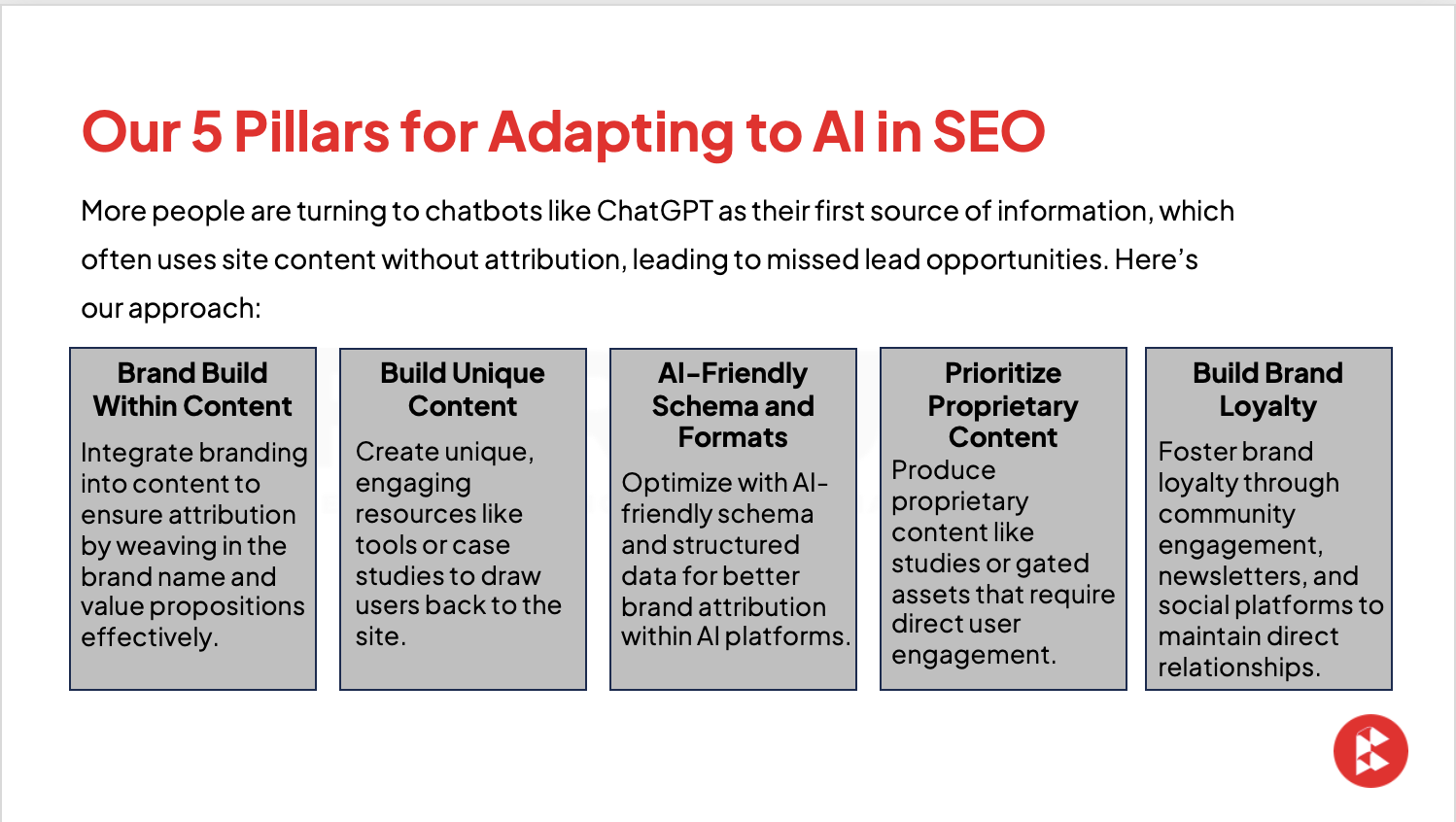
FORTUNE Marketing has five pillars that guide us in adapting our SEO strategy to AI
The Future of SEO: Adapt or Get Left Behind
SEO isn’t going anywhere—but the rules are changing fast. Businesses that stick to outdated SEO models will struggle, while those that adapt to AI-driven search trends will thrive.
What should businesses do now?
✔ Invest in high-quality, in-depth content
✔ Optimize for natural language and AI-powered search queries
✔ Build brand awareness beyond traditional SEO
At FORTUNE Marketing, we specialize in helping businesses navigate this evolving digital landscape. From AI-optimized content strategies to multi-channel marketing, we ensure brands stay visible wherever the future of search takes us.
💡 Want to future-proof your SEO strategy? Contact us today:
>> READ MORE about how AI as changing the SEO game from our agency partner, SEMRush.


